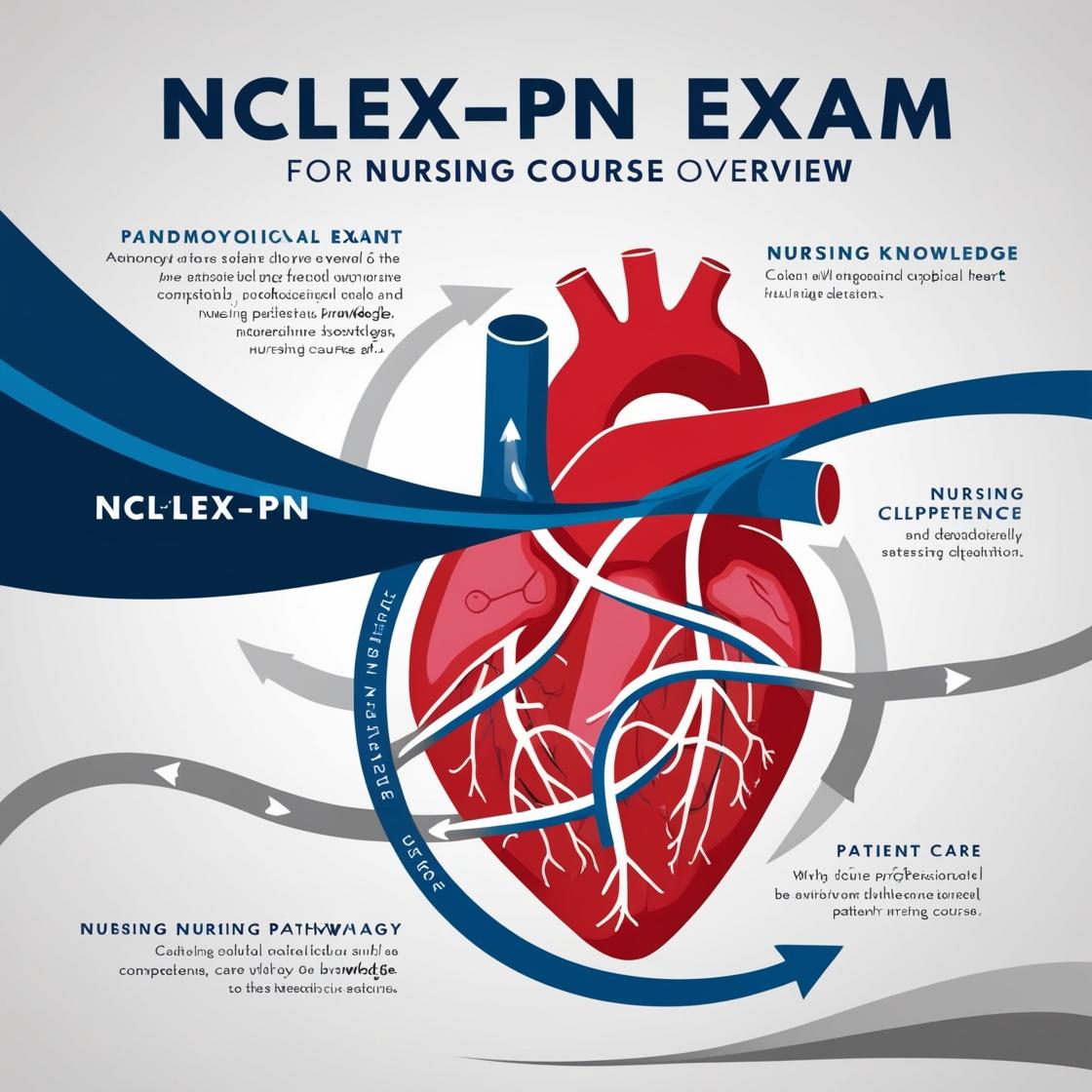NCLEX-PN
Nclex Practice Questions 2024
1. What is the first exercise that should be performed by a client who had a mastectomy?
- A. Walking the hand up the wall
- B. Sweeping the floor
- C. Combing her hair
- D. Squeezing a ball
Correct answer: D
Rationale: The correct answer is D: Squeezing a ball. The first exercise that should be done by a client with a mastectomy is squeezing a ball. This helps in regaining strength and mobility in the affected area. Choices A, B, and C are incorrect as they are not typically the initial exercises recommended post-mastectomy. Walking the hand up the wall, sweeping the floor, and combing hair are activities that may be introduced later in the rehabilitation process.
2. A client asks the nurse if all donor blood products are cross-matched with the recipient to prevent a transfusion reaction. Which of the following always requires cross-matching?
- A. packed red blood cells
- B. platelets
- C. plasma
- D. granulocytes
Correct answer: A
Rationale: Corrected Rationale: Packed red blood cells contain antigens and antibodies that must be matched between the donor and recipient to prevent transfusion reactions. Platelets, plasma, and granulocytes do not contain red blood cells, so they do not require cross-matching. Platelets are matched based on ABO compatibility, while plasma and granulocytes are not routinely cross-matched as they lack red cell antigens.
3. A client is admitted with Ewing's sarcoma. Which symptoms would be expected due to this tumor's location?
- A. Hemiplegia
- B. Aphasia
- C. Nausea
- D. Bone pain
Correct answer: D
Rationale: Ewing's sarcoma is a type of bone cancer that primarily affects the bones. Therefore, bone pain would be an expected symptom due to this tumor's location. Hemiplegia, which refers to paralysis on one side of the body, Aphasia, a language disorder, and Nausea are not typical symptoms of Ewing's sarcoma. While Nausea is a common symptom in various conditions, it is not specific to bone cancer like Ewing's sarcoma. Therefore, Bone pain is the most likely symptom associated with Ewing's sarcoma.
4. The nurse is developing a care plan for a client with severe anxiety. An appropriate outcome for the client is that within 4 days the client should:
- A. Have decreased anxiety.
- B. Talk to the nurse for 10 minutes.
- C. Sit quietly for 30 minutes.
- D. Develop an adaptive coping mechanism.
Correct answer: B
Rationale: When developing outcome criteria for a client with severe anxiety, it is crucial for the goals to be specific, measurable, and realistic. In this scenario, the most appropriate outcome is for the client to talk to the nurse for 10 minutes within 4 days. This goal is specific (talking for a defined duration), measurable (10 minutes), and realistic given the client's condition. Expecting a severely anxious client to sit quietly for 30 minutes is not realistic and may even exacerbate their anxiety. While developing an adaptive coping mechanism is important, it is a broader long-term goal and may not be achievable within the specified timeframe. Having decreased anxiety is a desirable outcome, but it lacks specificity and measurability, making it less suitable as an immediate goal.
5. The nurse is caring for a client with epilepsy who is being treated with carbamazepine (Tegretol). Which laboratory value might indicate a serious side effect of this drug?
- A. Uric acid of 5 mg/dL
- B. Hematocrit of 33%
- C. WBC 2,000 per cubic millimeter
- D. Platelets 150,000 per cubic millimeter
Correct answer: C
Rationale: Carbamazepine (Tegretol) can suppress the bone marrow, leading to a decrease in the white blood cell count. A laboratory value of WBC 2,000 per cubic millimeter indicates a serious side effect of the drug. Choices A and D are within normal limits, while choice B is at the lower limit of normal. Therefore, choices A, B, and D are incorrect.
Similar Questions

Access More Features
NCLEX PN Basic
$69.99/ 30 days
- 5,000 Questions with answers
- Comprehensive NCLEX coverage
- 30 days access @ $69.99
NCLEX PN Premium
$149.99/ 90 days
- 5,000 Questions with answers
- Comprehensive NCLEX coverage
- 30 days access @ $149.99
